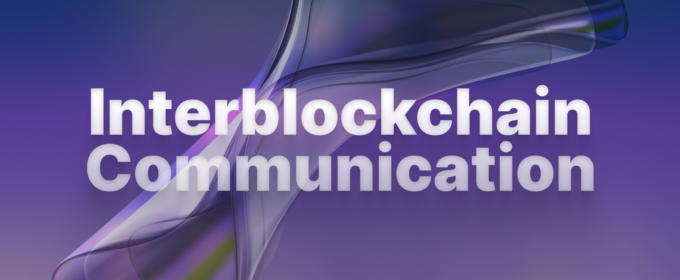 December 16, 2022 5:50 pm
December 16, 2022 5:50 pm
How Dash Platform Could Implement IBC
IBC, or the Inter-Blockchain Communication Protocol, is an open-source protocol that relays messages between independent and heterogeneous blockchains. The Cosmos network aims to fix the interoperability problem of the current blockchain ecosystem by using IBC.
In this blog, we will learn:
- The importance of interoperability.
- What is IBC?
- How IBC is relevant to Dash
Why is interoperability important?
We have several blockchain platforms that have all garnered healthy user bases since every single one offers unique functionality or applications. However, it is difficult for these blockchains to interact organically with each other since they are built using different codebases.
Without interoperability, each blockchain ecosystem will simply exist in an isolated silo. To unlock the full potential of decentralization, these chains need to interact with each other. A user in chain A must find a way to work with a user in chain B. IBC can enable you to unlock this interoperability.
Advantages of interoperability
- Interoperability makes it easier for users to access applications across multiple blockchains.
- Popular chains can get congested, resulting in high gas fees. A multi-chain ecosystem allows you to save costs.
- Stacking DeFi yields is another huge advantage of interoperability. Imagine staking LP tokens (Liquidity Provider tokens) in apps across multiple chains.
- Oracle networks can benefit immensely from interoperability. Applications from multiple chains can connect to a single oracle solution.
- Instead of being tied to a single blockchain, developers can create applications that can exist on multiple chains.
What is IBC?
IBC has two layers:
- TAO: The base TAO (transport, authentication, and ordering) layer.
- APP: The application layer is built on top of TAO.
By using IBC, blockchains can natively send data to each other. The main thing to note is that blockchains can communicate without communicating directly with each other. Instead, the chains use dedicated channels that send data packets to communicate with each other.
These dedicated channels are trustless and permissionless since they use smart contract modules for trustless verification. Anyone can help operate these channels by becoming a relayer. Smart contracts ensure that the connected blockchains don’t need to explicitly trust the relayers involved.
Let’s take a look at how the whole process works:
- The relayers transfer data packets from one smart contract to another.
- An on-chain light client handles data authentication.
- Data packets are sent to the destination chain one at a time.
- The dedicated channels have one smart contract connection at each end. This ensures data security.
Features of IBC
- Versatility: The most critical feature is versatility. Blockchain networks built using different codebases could be connected via IBC.
- Composability: Blockchains that support specific compatible application-level standards for asset and data semantics can be connected without any complicated technical hoopla.
- Layered: IBC is built as a stack of components. Implementation of components at each layer can vary.
- Topologically agnostic: IBC doesn’t rely on the topological structure of the blockchains it operates on, adding to its versatility.
How is IBC relevant to Dash?
Any blockchain network can use IBC if they have a Tendermint Core. This common core ensures that data from one chain can be unpacked in the correct format, even if the target chain has been coded in another language. Dash Platform uses a consensus algorithm called “TenderDash,” a variation of the Tendermint algorithm. This will allow the Dash Platform to connect to the Cosmos Hub via IBC. The Cosmos Hub is the core blockchain in the IBC network.
But what’s in it for Dash?
Look at the sheer size of the Cosmos ecosystem. Participating in this ever-growing ecosystem should increase utility while allowing Dash to unlock synergies with these applications/protocols. Although Dash and Cosmos aren’t currently compatible, their shared codebase origins provide a good starting point to streamline future IBC integration between them.
